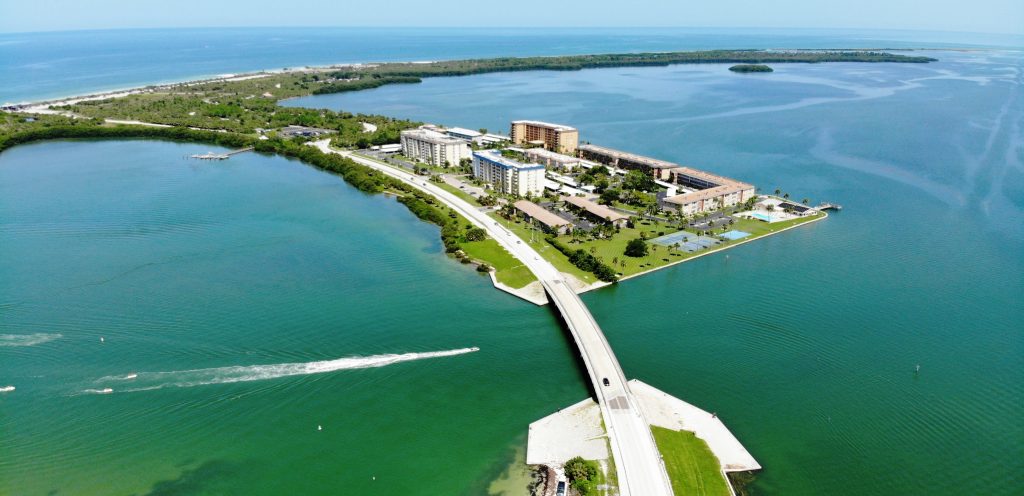We at WSP have long been committed to helping society in general and our clients in particular to better prepare for, respond to, recover from, and mitigate the future impacts of disasters and other emergencies. This specifically includes a specialisation in climate change adaptation and risk management. As a result, we are particularly pleased to be a sponsor of the first-ever Resilience Hub at COP26.
Tom Lewis, national business line leader for Climate, Resilience and Sustainability (CRS)

by Tom Lewis
Resilience is the capacity of systems, businesses, institutions, communities and individuals to learn, adapt and grow, regardless of the nature and magnitude of chronic stresses and acute shocks they experience. Almost all organisations have business continuity or emergency response plans that they prepare, test, and update on a regular basis for a variety of threats or shocks to their critical functions, such as a cyber-attack or disruption to operations at a critical facility.
However, because there is a belief that there will be plenty of time to react to slow moving changes in climate, and that the threat is not immediate, few organisations have considered and addressed systemic, chronic and gradual changes in the environment, economy and society like deforestation, drought and extreme temperatures, as well as acute events such as health epidemics or migration and the cascading impacts that these trends can generate.
For people and organisations dedicated to addressing the climate crisis, therefore, sustainability and resilience strategies are key to anticipating, managing and tracking the more gradual changes in the climate, including higher temperatures, sea level rise and changing precipitation patterns.

WSP helps companies and communities build resilience by performing vulnerability assessments, deploying tested tools and analysis frameworks, and designing adaptive solutions.Our equitable approaches protect people and essential assets across the natural and built environment, enabling clients to make strategic and thoughtful investment decisions for their long-term resiliency.
The core resiliency service WSP provides its clients is Future-Ready Planning, which is a strategic assessment of, and planning for, future trends related to climate change, society, technology and resources. The process includes a global trends analysis, checklists of key questions, and strategic action plans to prepare for and address human health, economic, supply chain, critical infrastructure, societal, environmental and human capital impacts.
As organisations think about resiliency, here are some of the current services WSP recommends be integrated into plans:
- Test and update current business continuity or emergency response plans to reflect the lessons learned from COVID-19
- Monitor and track global trends and risks, both chronic and acute, and take early warnings seriously
- Identify the critical functions needed to operate, maintain and grow an organisation and determine how global trends might impact that organisation
- Design for failure, regardless of the threat
- Stress-test plans, both discussion-based and full-scale real-world exercises
- Invest in people who excel in strategic foresight and know how to plan for and exercise multiple threats that may not have already been considered, such as biodiversity loss, higher temperatures and technological attacks
- Use strategic foresight to develop community resilience plans in partnership with community stakeholders and suppliers
- Diversify supply chains and introduce supply chain redundancies to protect them
Picture shows infrastructure vulnerability assessment, Pinellas County west Florida

